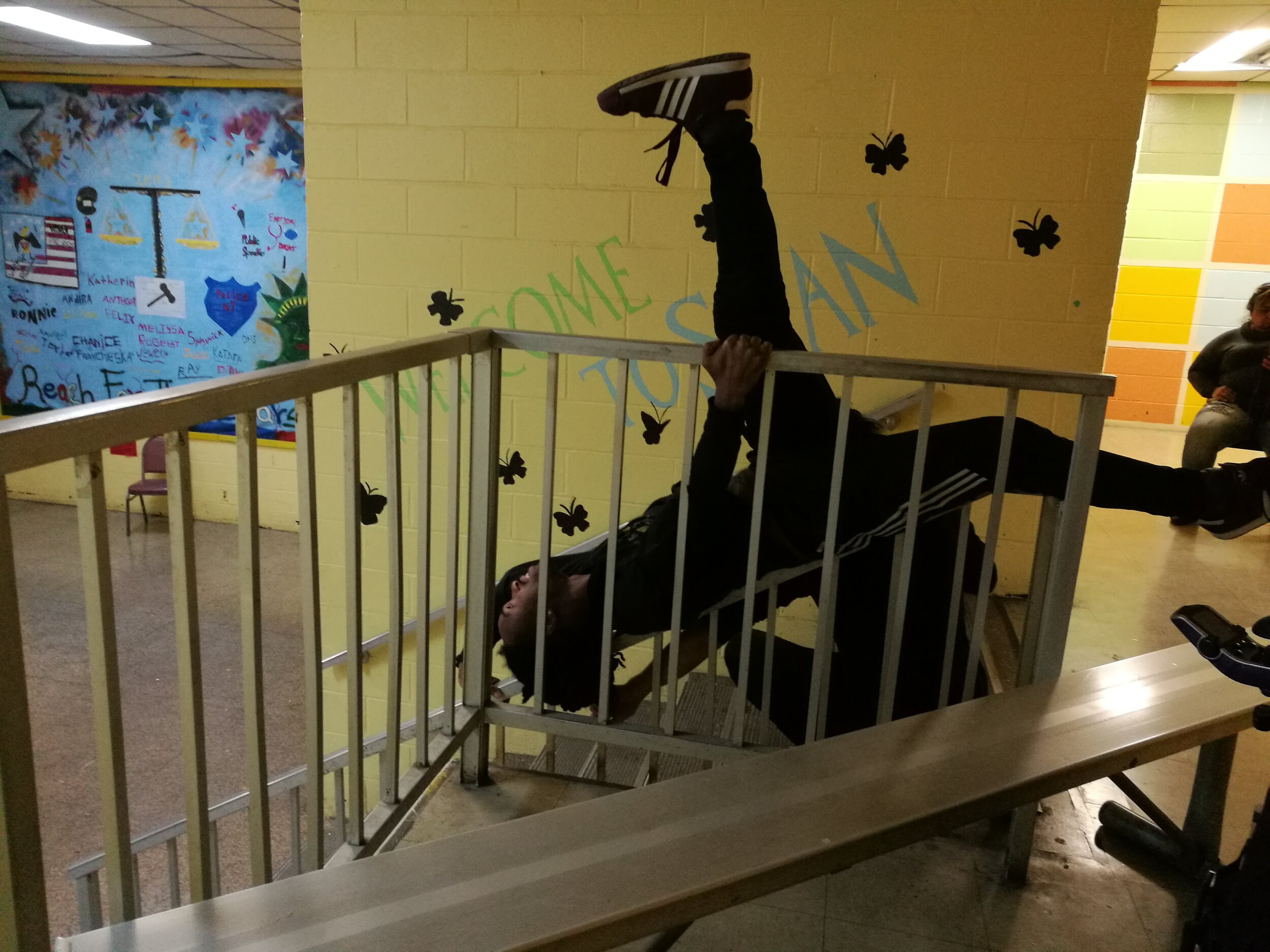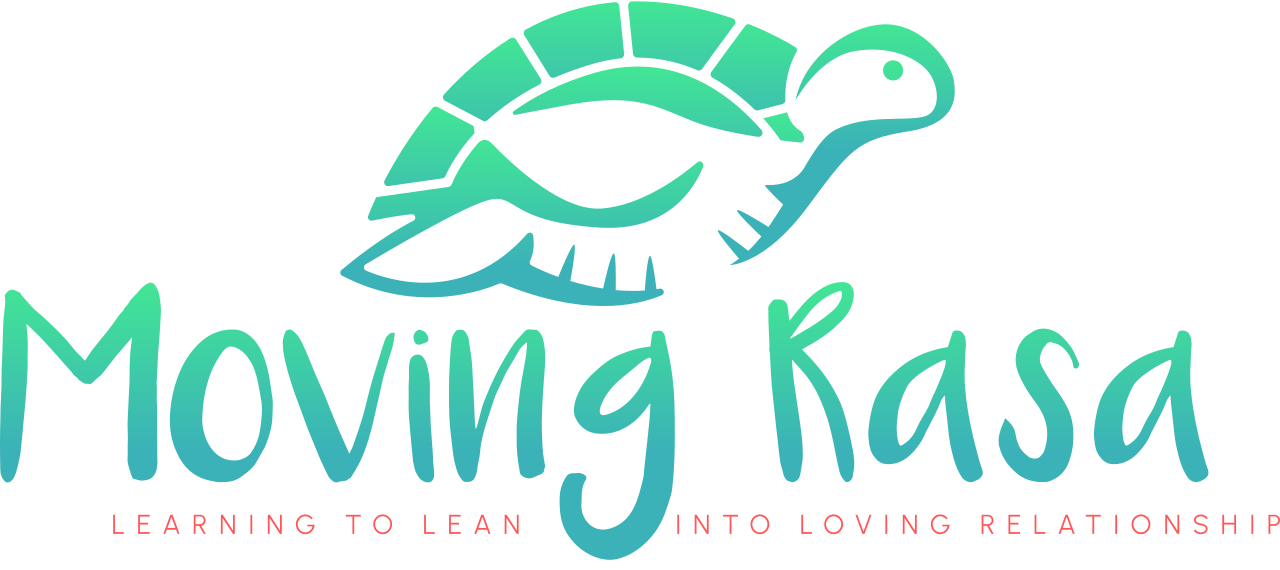
PR ARCHIVES
Untensive with Practice Progress 2021, 2022
A time for healing and magic to occur through movement exploration
The UNtensive is a week long festival of somatic and dance practices that support people to dive into social inquiry around intersectional race consciousness and restoring agency.
“ARCOS’s virtual UNtensive: We’re Not Going Back in June 2021 was facilitated by anti-racist body-based artist agitators Kai Hazelwood and Sarah Ashkin of Practice Progress. They offered three intertwining streams, each including guest artists, through which participants crafted their own experience. Over the five day gathering participants co-learned, co-dreamed, co-manifested forward into the future we need and deserve.”
The 2022 ARCOS Summer UNtensive, My Body Isn’t Theoretical, will be facilitated by anti-racist body based artist agitators Kai Hazelwood and Sarah Ashkin of Practice Progress. Kai and Sarah are offering three intertwining streams through which participants can craft their own experience throughout the week:
This year, 2022, I share with them the OPEN sequence, Orient, Prepare, Engage, and Nurture. A framework used in the Moving Rasa work that supports organic process.
-“Thank you for sharing your deep, clear, vulnerability/magic/power with us at the untensive. OPEN is so incredible.” -Kai and Sarah
Latine Art Historians
An experiential inquiry to how we construct gender and sexuality in the context of our relationship to owernship and land. Plenary speaker/presenter for the 6th Annual Latine American Festival.
picture of Moving Rasa presenters’ workshop
How has our experience of gender identity and expression been shaped by our sense of ownership of things and the land? If the land could dance and speak to our "gendered" experience through how it pushes back through us against gravity, what would it say?
These are the questions I explored with the presenters from the 6th Annual Symposium Latin American Art prompted by the overall content of the proposals being presented. In this symposium they shared their research on impactful Art work and happenings that have been decisive acts of resistance and solidarity of the people against the forces of colonization and how gender is experienced.
Thank you to the Institute of Fine Arts @ NYU, Institute of Studies on Latin American Art The John Rewald Endowment at the Graduate Center, and the CUNY department of Art and Archaeology, and Columbia University for having me!
Educators
Warming up our reception for and navigation of the Truth. New Jersey Education Association
Equity Alliance Conference
In this workshop we explored how important it is to create the means to receive the truth through practices that develop movement and socio-emotional literacy so that teachers do not pass down their trauma around content material through how they teach and so that students are supported as they bring themselves into the course material whether they are confronting their their oppressor or oppressed, or interwoven lineages.
The Amistad team created an alternative track for history that lifts up African American history before enslavement, the efforts of resistance and celebration of inventors and contributors to society.
We highlighted ways that movement is typically used in schools for stress reduction and calming to expand it to nonverbal expression around our feelings, opinions and inner landscapes around particular topics.
Mourning Ritual
A space for educators to be in their bodies and movement to mourn their losses from COIVD. National Education Association July 15th 2020
80+ educators gently shifted their weight side to side to sense the element of water as they connected to their emotions and grief with loss from COVID-19. And they sensed into the earth through subtle balance shifts. We called out the names of lost loved ones and poured libations literally and metaphorically through our movements.
Urban Planning
Learning to see and create from alternative perspectives : The Hindsight Conference 2019
We sparked curiosity for design by using site-specific improvisation as a means to access alternative perspectives in fun ways for the urban planners. We measured the environment with various body parts, explored ways it could be our needs in non-conventional ways, and discovered ways to harness non-functional relationships with place that are meaningful and emergent.
Awesome job taking the lead Kimberly! I enjoyed co-facilitating with you!
Questioning Disembodied Land Acknowledgements
Deconstructing notions of freedom in Settler Consciousness: Parcon Resilience @ Ontario Jam 2019
In this Parcon Resilience workshop at the Ontario Contact Improvisation Festival we deconstructed notions of freedom in Settler Consciousness. This class was constructed in response to an inadequate land acknowledgement at the beginning of the Festival that did not name the harmed indigenous tribes nor admit settler colonial culpability to being on their land. Participants were guided to access a sense of unbound freedom and exploration, then the history of indigenous genocide was shared, and participants were guided to refind their sense of fullness and expression knowing this history.
Thank you Sarah Jones for making such a wonderful documentary of the PR class on settler consciousness.
Anthropology
Somatic Toolkit for field work for Anthropologist for University of Huddersfield
Extended Practice — Comfort, Discomfort and the transformation of perception
"Our brain learns through comparison. Without a solid grounding in comfort and self-care it is difficult to sense when we are uncomfortable or at our edge. Many of us have habituated to significant discomfort in our being at our baseline. The goal of this Audio is to offer a practice for distinguishing comfort and discomfort through the vehicle of somatics in relationships to the environment and others as practiced in Parcon Resilience. Please feel free to pause this audio at the bell prompts for more time with the exploration, or for journaling. Every individual will improvise these instructions differently even in the same context because of differing demographics and personal histories. What is critical for the ethnographer is to make note of differences in their perception that emerge from each study and to reflect on the socio-political-historical implications of habit versus an inner sensing of self through felt relationship.”
This project was funded by the University of Huddersfield.











